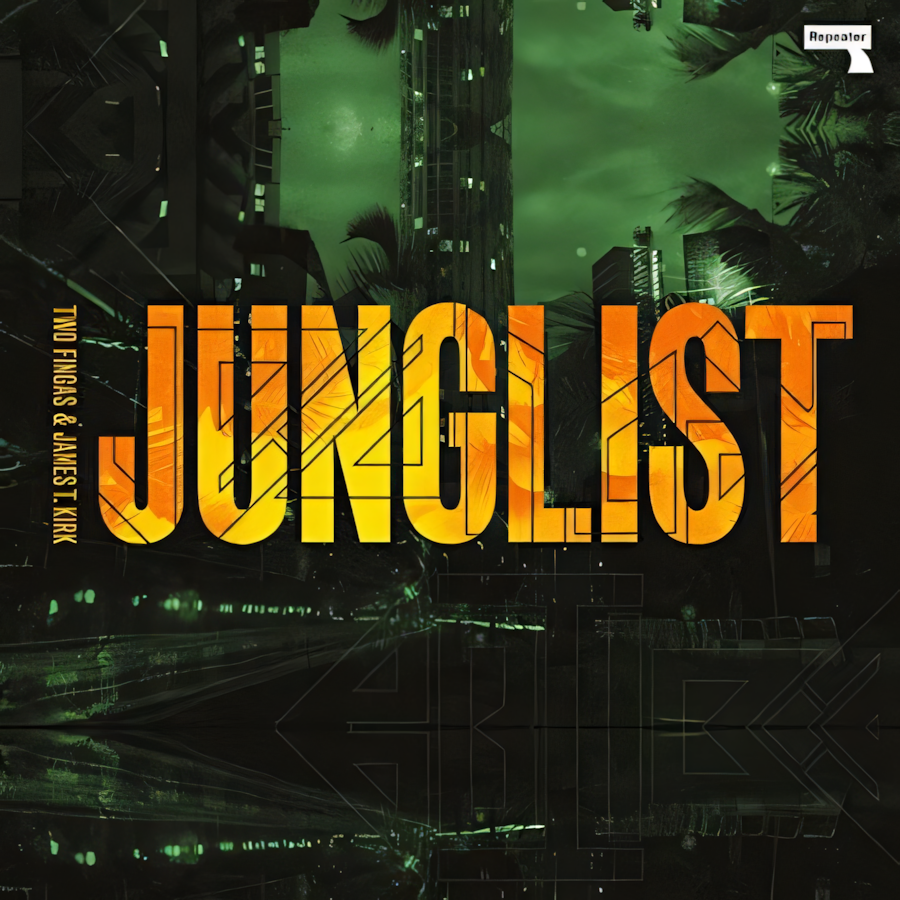
2025.07.18 FRI 20:00 (금요일 오후 8시)
Drift Mode :
Jungle is Still Massive
– 정글은 아직 끝나지 않았다
“정글은 그냥 차원이 달라. 그 무수한 부분들을 전부 합친 것, 그 이상이야. 이건 도시의 생명선이자, 하나의 태도, 삶의 방식,
그리고 하나의 민족 그 자체라고.”
Two Fingas, James T Kirk 의 책 ‘정글리스트’ [1995] 중 발쵀
우리는 음악을 단지 소리나 취향의 정서만으로 듣지 않습니다. 특정한 시기, 특정한 장소에서 태어난 음악은 그 시대의 감각과 태도, 기술과 공동체의 구조를 함께 품고 있습니다. 그래서 장르는 하나의 고정된 틀이 아니라, 매 시대의 청취자가 구성해 온 감각의 문법이기도 합니다.
정글(Jungle)은 바로 그런 음악의 언어입니다.
1980년대 후반, 대처리즘이 만들어낸 사회적 해체 속에서 런던의 청년들은 제도 밖에서 스스로의 리듬을 발명했습니다. 해적 라디오의 불법 전파, 어둠 속 창고에서 벌어지던 레이브, 그리고 불완전한 기술이 만들어낸 급진적인 사운드, 정글은 그 모든 것을 통과하며, 하나의 장르를 넘어선 ‘현상’으로 자리 잡습니다.
이 음악은 자메이카 사운드 시스템의 저역, 힙합의 브레이크 샘플, 하드코어의 속도감이 교차하며 형성된 혼성의 리듬이었습니다.
특히 The Winstons의 ‘Amen Brother’ 에서 추출된 드럼 구간, 이른바 ‘Amen Break’는 수많은 정글 트랙의 뼈대가 되었고, Goldie는 하모나이저 장비의 예기치 않은 사용을 통해 시간을 늘리고 리듬을 재조합하는 ‘타임 스트레칭’ 기법을 개척합니다.
이러한 기술적 실험은 결국, 컴퓨터와 샘플러만으로 음악을 만들던 ‘침실 정글리스트’ 세대의 등장을 가능하게 했습니다
1994년, Goldie, Kemistry, Storm은 레이블 Metalheadz를 설립합니다. Metalheadz는 단지 음반사가 아니라, 공동체이자 실험의 장이자, 예술적 태도의 집약체였습니다.
음악은 그 안에서 공유되고 시험되며, Sunday Sessions at Blue Note는 그 정신이 구현되는 구체적 현장이었습니다.
단 하나뿐인 덥플레이트는 클럽에서 곡을 실험하는 살아 있는 형식이었고, Music House는 DJ와 프로듀서들이 곡을 다듬고 리듬을 조율하는 사적이자 사회적인 플랫폼이었습니다. 비트는 그 안에서 날카로워졌고, 리듬은 공동의 감각으로 다듬어졌습니다.
정글은 이후 드럼 앤 베이스(D&B)라는 더 넓은 스펙트럼 속에서 테크스텝, 리퀴드 펑크, 점프업 등 다양한 하위 장르로 분화해 갔지만, 그 중심에는 언제나 공동체, 기술, 태도라는 세 가지가 놓여 있었습니다.
이번 Drift Mode는 , 그 리듬의 계보를 다시 청취하는 시간입니다. 늘 그래왔듯 Tilt는 과거를 재현하지 않습니다. 오히려 묻습니다.
그 리듬은 지금, 우리 안에서 어떻게 울리고 있는가?
정글은 과거가 아닙니다.
그것은 여전히 거칠고 섬세하게,
이 시간의 구조를 흔들고 있습니다.
Jungle is still massive.
그리고 그 울림은, 지금 이 순간에도 청취의 방식으로 우리를 다시 흔들고 있습니다.
1. The Winstons – Amen Brother [1969]
2. Foul Play – Finest Illusion (Legal Mix) [1993]
3. Goldie – Kemistry [1995]
4. Total Science – Silent Reign [2000]
5. Doc Scott – Drumz ’95 (Nasty Habits Remix) [1995]
6. Ed Rush & Optical – Fixation [1998]
7. Squarepusher – Rustic Raver [1997]
8. µ-Ziq – Brace Yourself Jason [1997]
9. Forest Drive West – Set Free [2018]
10. Lee Gamble – Ghost [2012]
11. Rian Treanor – Mirror Instant [2019]
12. Yak – Rhodes Island [2023]
"Jungle is just something else. More than the sum of its myriad parts. It is the lifeblood of the city, an attitude, a way of life, a people."
Two Fingas, James T Kirk 'Junglist' [1995]
We don't listen to music merely for its sound or as an expression of personal taste. Music born in a specific time and place embodies the sensibilities, attitudes, technology, and communal structures of its era. A genre, then, is not a rigid framework but a grammar of sensibility—one constructed by the listeners of each generation.
Jungle is precisely this kind of musical language.
In the late 1980s, amidst the social fragmentation of Thatcherism, the youth of London forged their own rhythms outside the establishment. Through the illegal airwaves of pirate radio, raves in dark warehouses, and a radical sound born from imperfect technology, Jungle emerged—not just as a genre, but as a cultural phenomenon.
It was a hybrid rhythm, forged at the intersection of the deep bass of Jamaican sound systems, the breakbeat samples of hip-hop, and the frenetic pace of hardcore.
The drum solo from The Winstons’ “Amen, Brother”—the now-legendary “Amen Break”—became the backbone for countless Jungle tracks. Meanwhile, Goldie pioneered the “time-stretching” technique, manipulating a harmonizer in unexpected ways to extend time and reassemble rhythms.
This technical experimentation ultimately paved the way for the rise of the “bedroom junglist”—a new generation of producers who could create music using little more than a computer and a sampler.
In 1994, Goldie, Kemistry, and Storm founded the label Metalheadz. Metalheadz wasn't just a record label; it was a community, a laboratory for experimentation, and the embodiment of an artistic ethos.
Within this space, music was shared and tested, and the Sunday Sessions at the Blue Note club became the physical manifestation of this spirit. One-of-a-kind dubplates were a living medium for road-testing tracks in the club, while places like Music House served as both private and social platforms where DJs and producers could refine their tracks and sync their rhythms. Here, beats were sharpened, and rhythms were honed into a collective sensibility.
While Jungle would later splinter into a wider spectrum of subgenres under the Drum & Bass (D&B) umbrella—like techstep, liquid funk, and jump-up—its core always remained a triad of community, technology, and attitude.
This edition of Drift Mode is a journey back into that rhythmic lineage. As always, Tilt isn't here to replicate the past. Instead, we ask:
How does that rhythm resonate within us today?
Jungle is not a relic of the past.
It continues to pulse, both raw and refined,
shaking the very structure of our time.
Jungle is still massive.
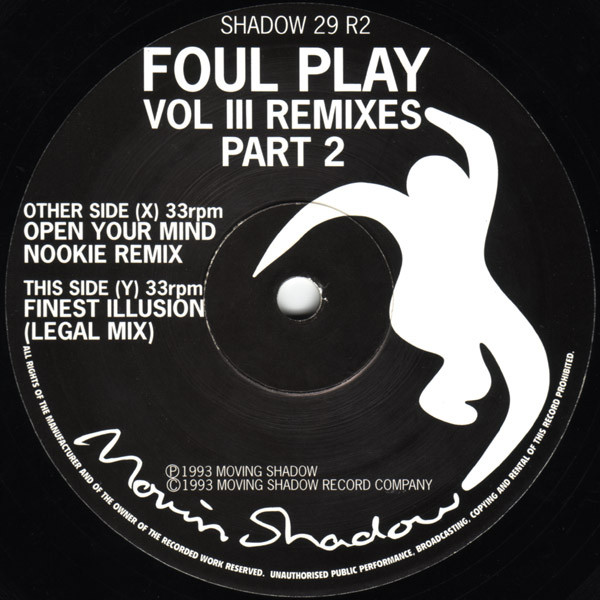


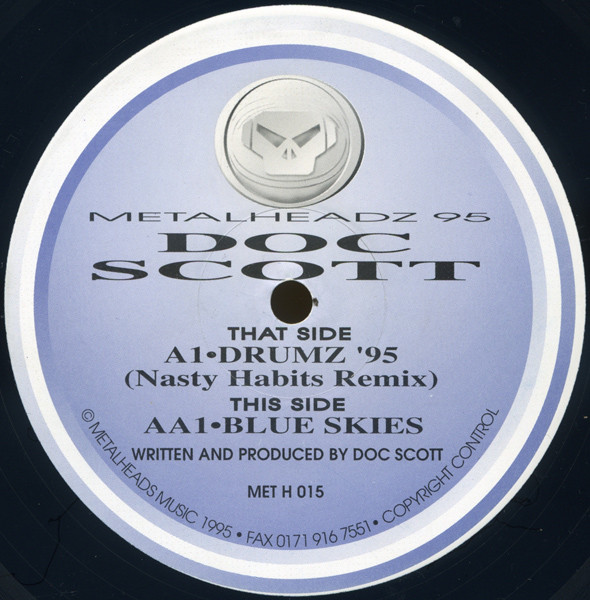

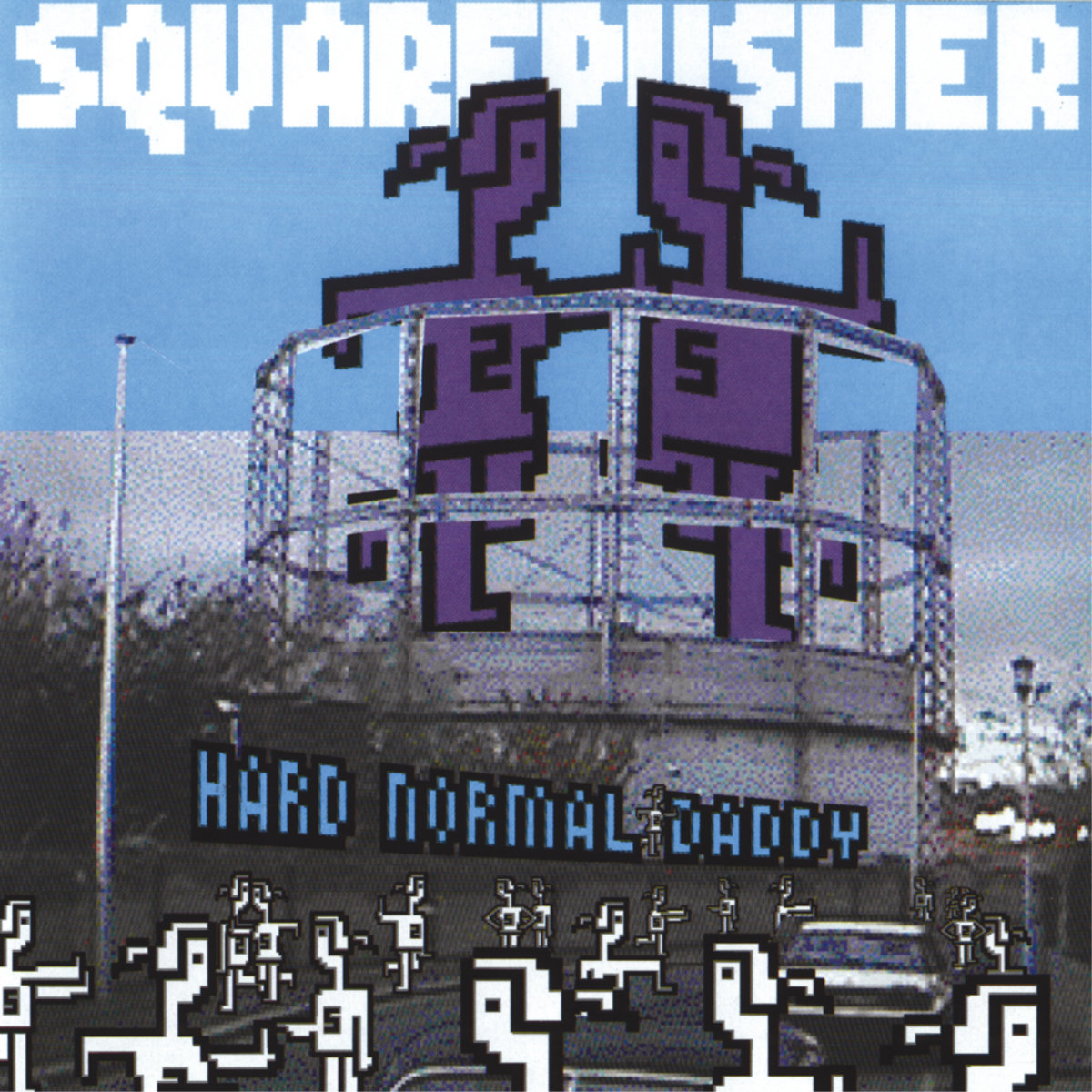
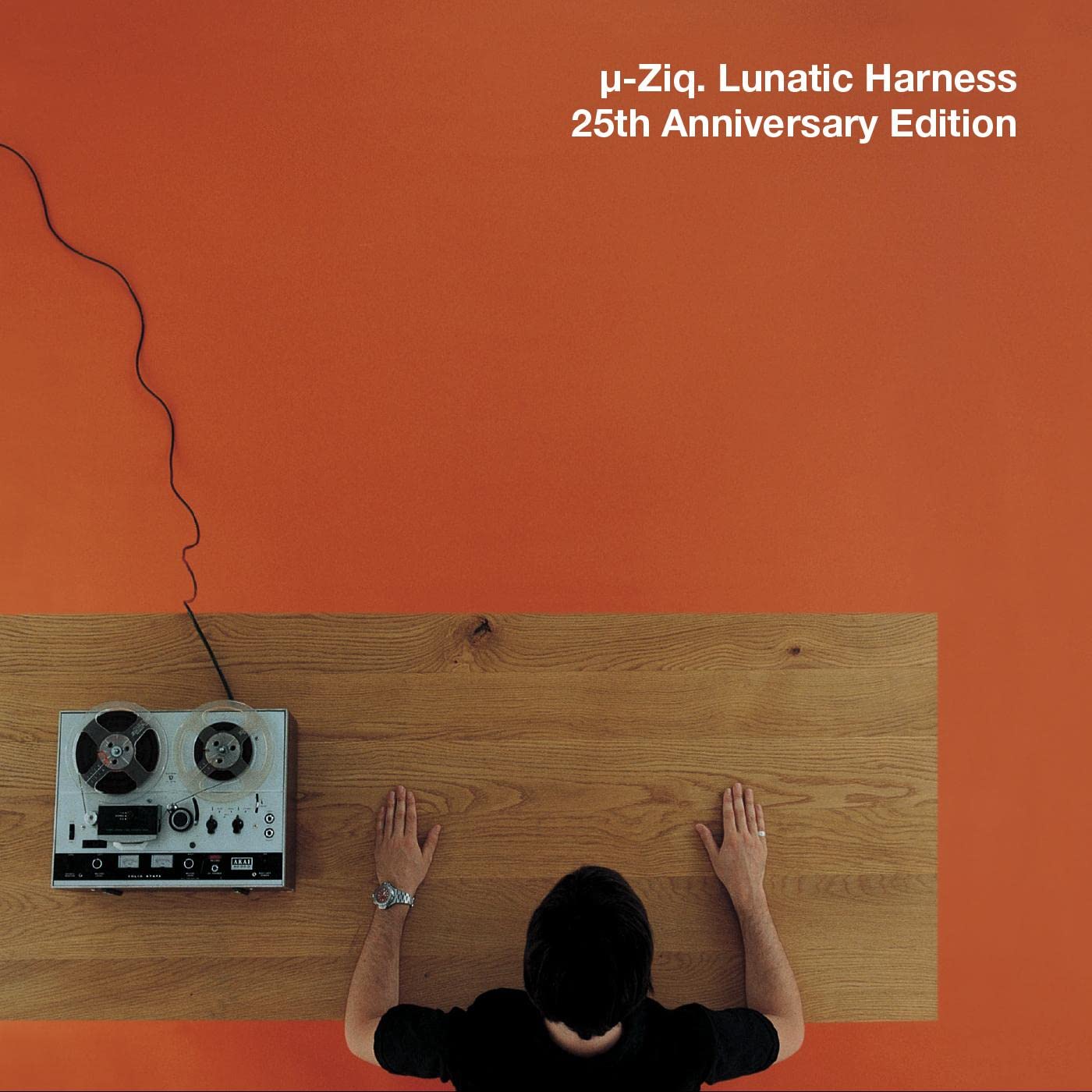
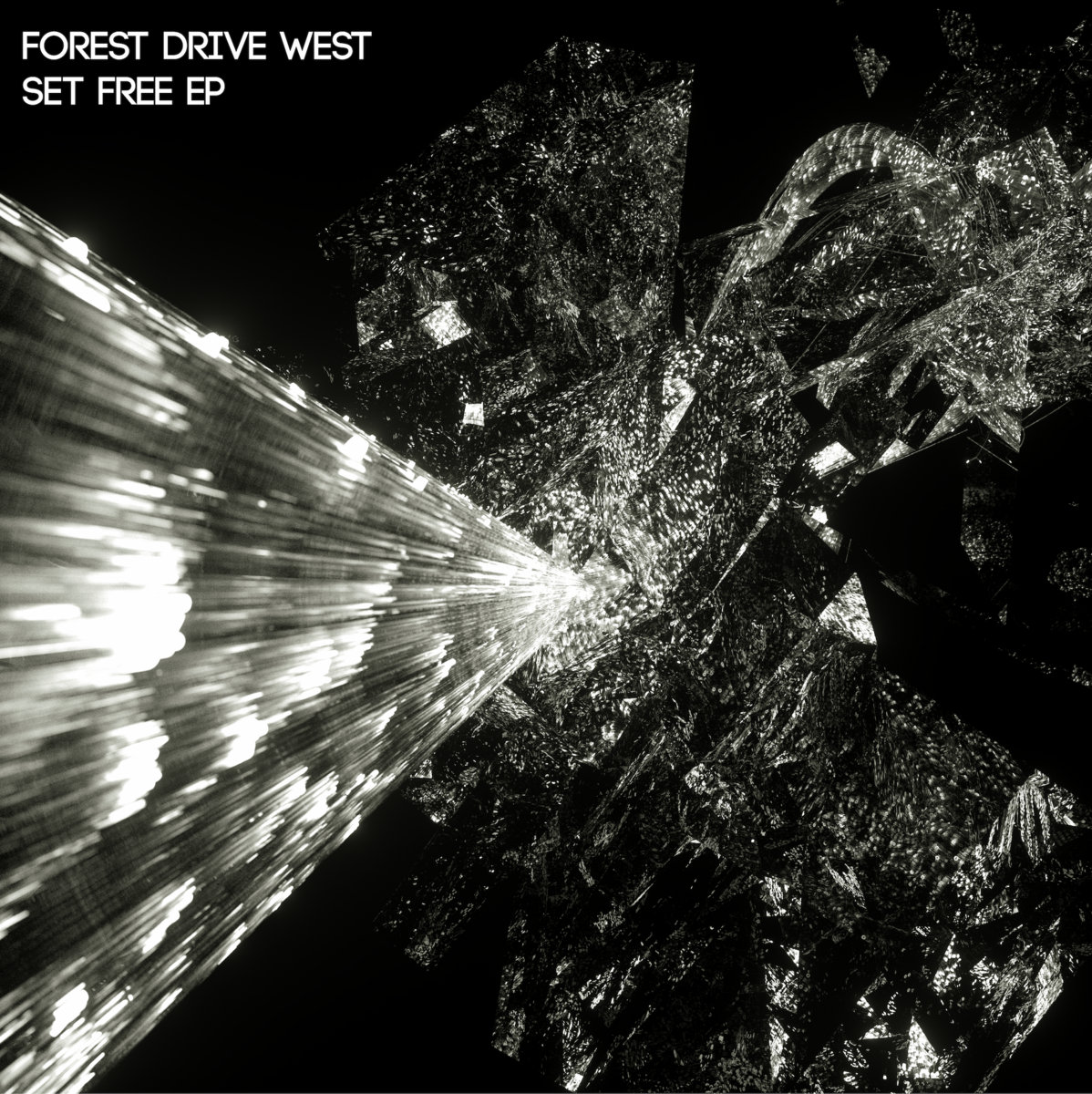
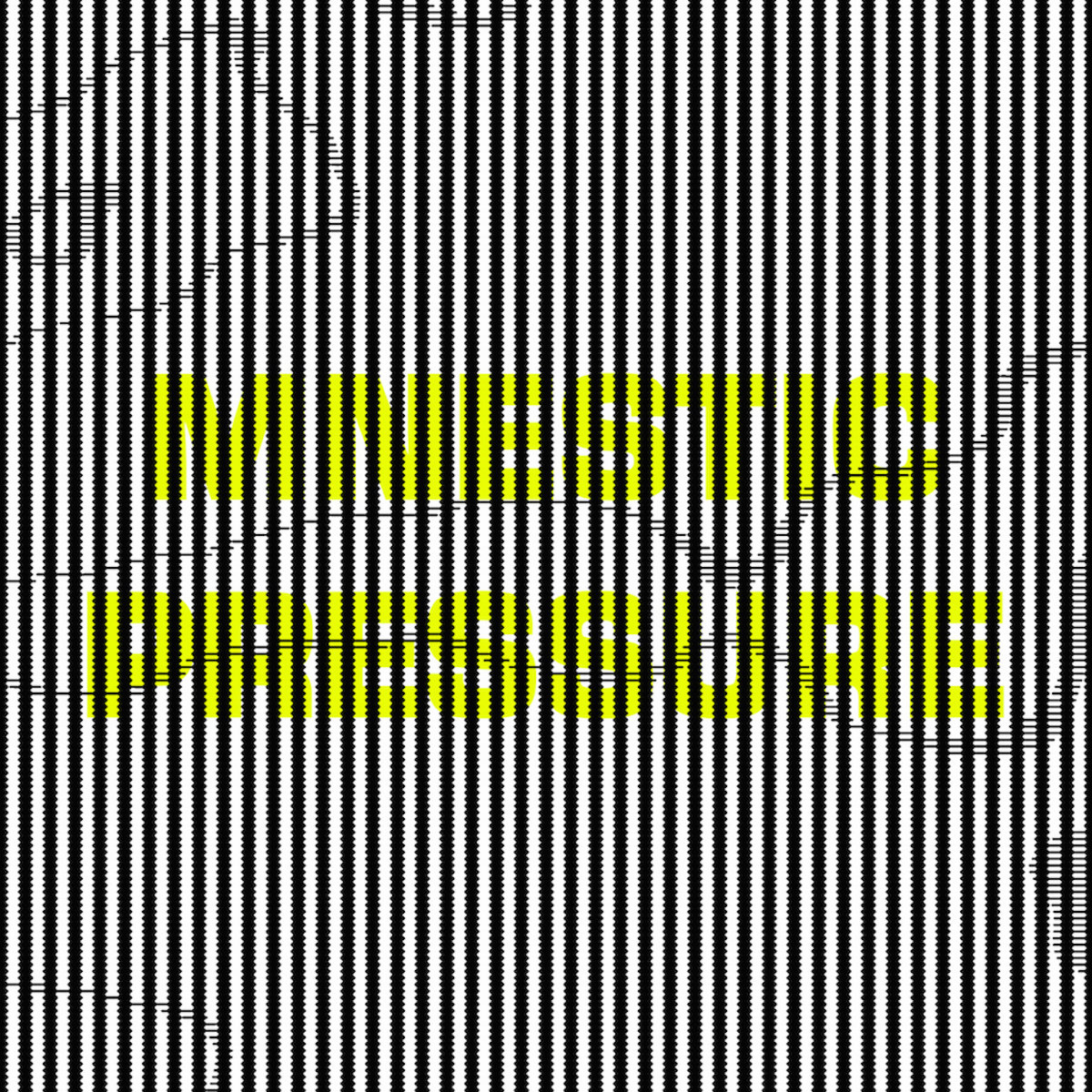
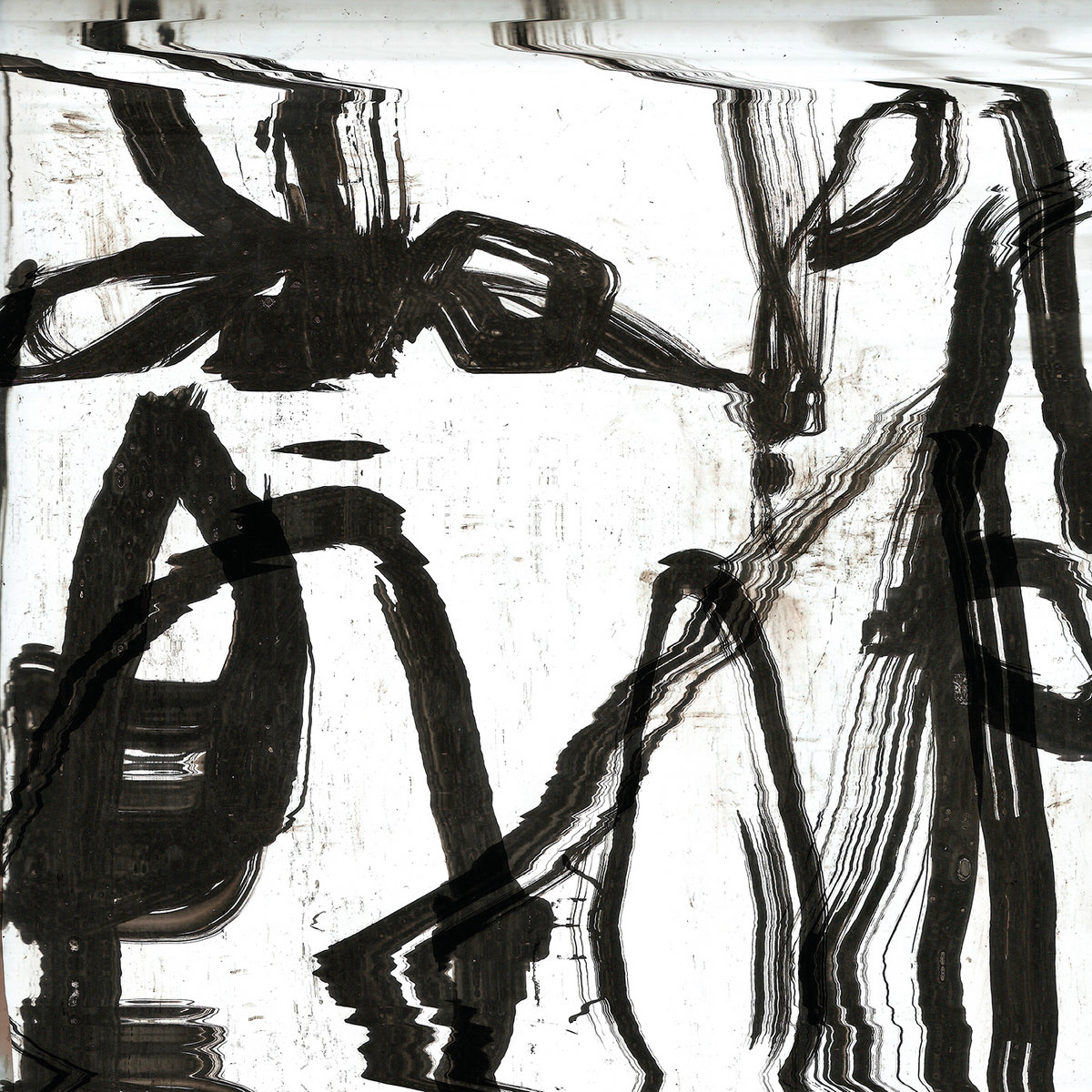
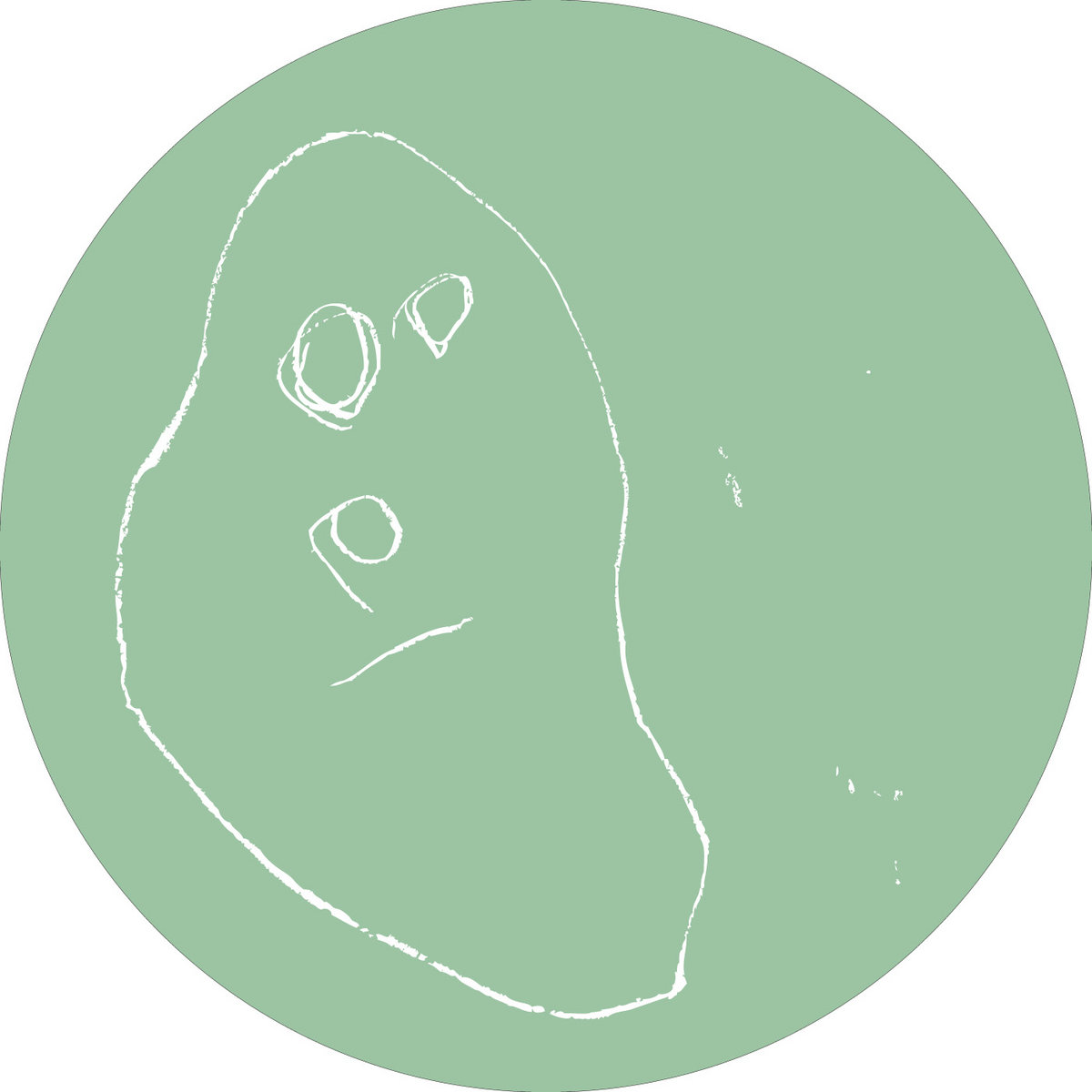
'FNST' 카테고리의 다른 글
| 2025.07.24 Radio Endless : Like Everything Being Seen Has a Bow (0) | 2025.07.20 |
|---|---|
| 2025.07.19 Drift Mode : Def Jux – Independent As F*ck (3) | 2025.07.17 |
| 2025.07.17 Radio Endless : As Praias Desertas (2) | 2025.07.15 |
| 2025.07.16 Radio Endless : A Brighter Summer Day (0) | 2025.07.13 |
| 2025.07.12 Drift Mode : Tresor – Sounds of the Fallen Wall (1) | 2025.07.11 |